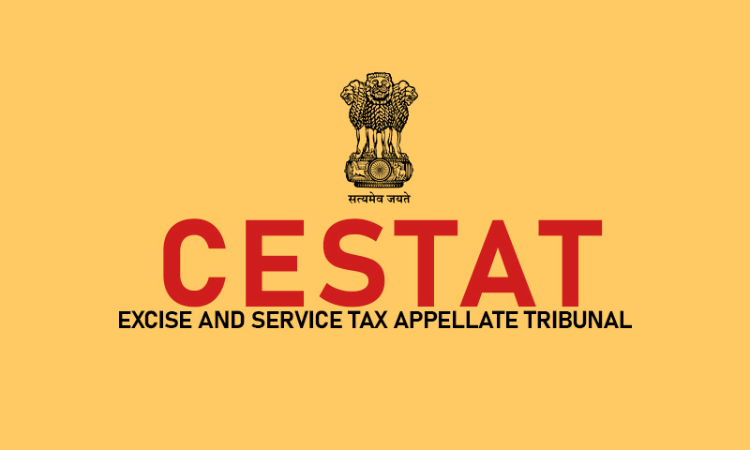Department Cannot Decide Title Of The Goods When No One Disputes Ownership: CESTAT
Mariya Paliwala
3 May 2023 9:00 PM IST

Next Story
3 May 2023 9:00 PM IST
The Ahmedabad Bench of the Customs, Excise, and Service Tax Appellate Tribunal (CESTAT) has held that the department cannot self-assign to itself the duty of declaring bad in law the certificate issued to the importer by the Ministry of Renewable Energy or decide the title to the goods, even when no one is disputing ownership.The bench of Somesh Arora (Judicial Member) and Raju (Technical...
